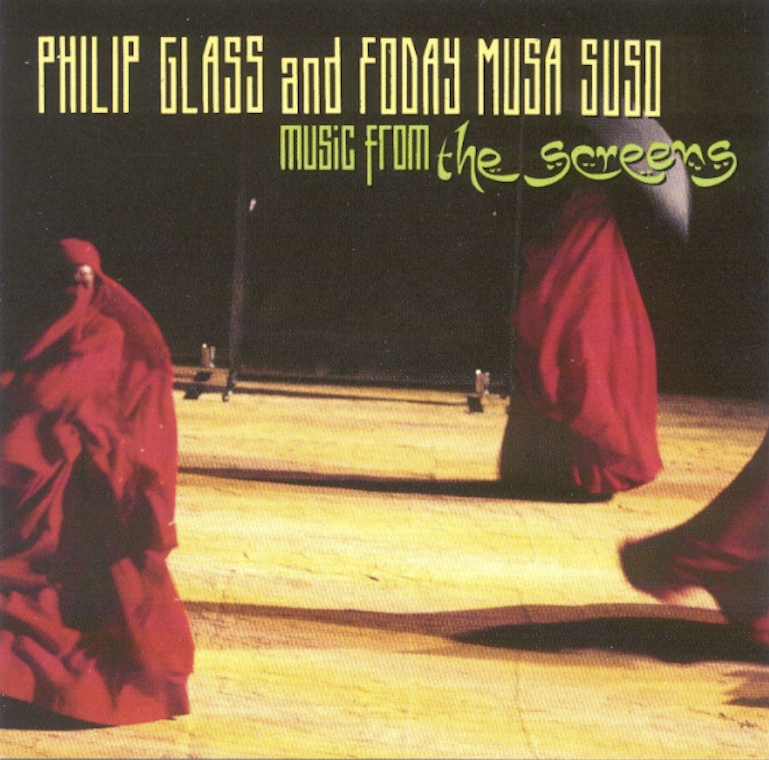
Info
Martin Goldray, conductor
Catalog
Tracks
2. Leila Dies 1:48
3. Said and his Shadow Dance 2:49
4. Decorating the Dummies 2:19
5. Warda’s Whorehouse 2:45
6. The French Lieutenant Dreams 2:11
7. The Arab Women Lament 2:47
8. Land of the Dead 3:26
9. Ansatou 2:38
10. 19th Century France 1:36
11. Said’s Treason 3:00
12. The Orchard 7:09
13. The Village 2:02
14. Prison Song 1:15
15. Suso’s Song 2:39
16. France 1:52
17. Night on the Balcony 2:02
18. North Africa ? 1962 4:09
Notes
— JoAnne Akalaitis
The Screens, Jean Genet’s last and greatest stage work was first seen in Paris in 1966 at the Theatre Odeon. This landmark work appeared as nothing short of a theatrical explosion during its premiere performances, complete with riots and grandarmerie. The present score, composed collaboratively by myself and Foday Musa Suso, was written for a production of The Screens presented at The Guthrie Theatre, Minneapolis, and directed by JoAnne Akalaitis in November 1989. The play takes place in the early 1960’s in Algeria during the revolutionary struggle for independence from France. In the process of combining themes of colonialism, exploitation and the European notion of “Arab-ness,” Genet has given us a rich and enduring dramatic vision.
JoAnne Akalaitis had originally asked Suso to do the score in collaboration with a western composer. I heard of the project and volunteered myself as Suso’s musical partner. We had known each other for some time having traveled together in Africa in the mid-80’s as preparation for my recording of the film Powaqqatsi. In fact, when it came time to record that score, Suso participated as a performer and made some original contributions as well. With this as a background we went to work.
The idea of combining Western and African musical traditions, of course, came from the play itself. JoAnne joined us in the recording studio and we followed her through the script, composing music for each scene as she described for us how she would devise the staging. That meant that either Suso or I would begin the composition and then add to it the contributions of the other composer as things progressed. Besides this “back and forth” kind of collaboration, we each contributed individual pieces as well. The result is, to my mind, the closest I had come at that point to a real collaboration with another composer. The music for The Screens is clearly something neither Suso or I could have done alone and was full of surprises for the both of us.
The present recording was made about a year after The Guthrie Theatre production and contains almost all the music of the original production as well as some new material. In returning to the studio, we had the opportunity to rethink some of the music and to include Suso’s original performances as well.
— Philip Glass
Credits
Produced by Kurt Munkacsi for Euphorbia Productions, Ltd., NYC. Executive Producers: Kurt Munkacsi, Philip Glass and Rory Johnston. Recorded and Mixed at The Looking Glass Studios, Inc., NYC. Engineered by Laura Fried.
Art Direction: Margery Greenspan. Design: Brian Kelly. Photography: Michal Daniel.
All Music © 1991 Dunvagen Music Publishers, Inc. (ASCAP) and Suso Music, (BMI). © 1992 Point Music / A joint venture of Euphorbia Productions, Ltd., and Philips Classics Productions.
